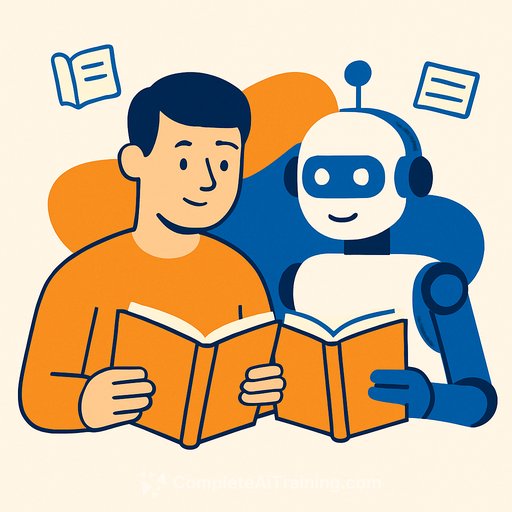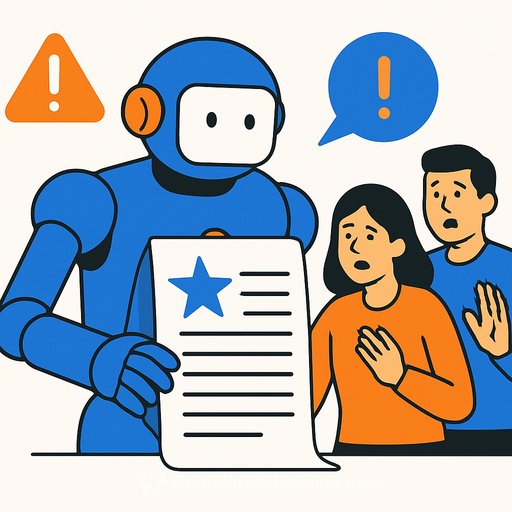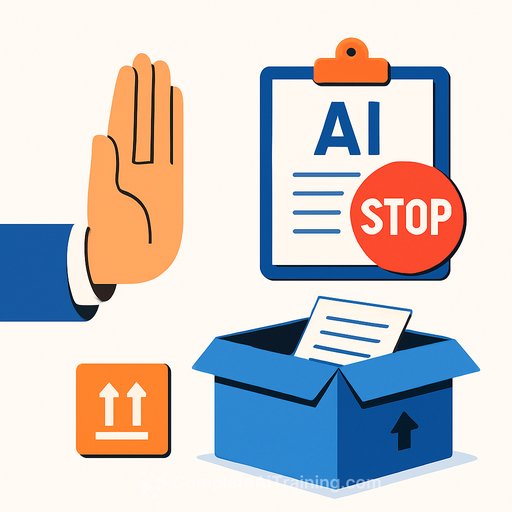Readers Prefer AI-Written Short Stories Over Favorite Authors in Blind Tests
Recent blind tests reveal that readers struggle to reliably distinguish AI-generated fiction from human-written stories. Even more surprising, some AI stories were rated higher than those by acclaimed authors.
AI Writing Blurs the Line
Fantasy author Mark Lawrence conducted a quiz featuring eight flash fiction pieces—half written by AI, half by award-winning authors. Nearly 1,000 participants rated the stories on quality and guessed their origin.
The results showed readers correctly identified the source of only three stories, misidentified three, and were undecided on two. This highlights how unreliable we are at spotting AI-generated writing, despite assumptions to the contrary.
AI Stories Rated Higher Than Human Works
Notably, an AI-written story topped the overall ratings. On average, AI stories scored better than those penned by respected writers like Robin Hobb, Janny Wurts, and Christian Cameron. This is a wake-up call for writers who take pride in their craft.
These authors mainly write novels, so short flash fiction may not showcase their best skills. Still, AI’s ability to produce concise, coherent stories at this level is striking.
What This Means for Writers
- AI is becoming proficient at mimicking human writing styles, especially in short formats.
- Expect AI-generated content to appear more frequently in submissions, self-published works, and online platforms.
- Traditional methods of spotting AI text—like stylistic quirks or punctuation habits—are increasingly ineffective.
This trend raises concerns about the future of creative writing and how to maintain standards of originality and quality.
The Challenge of Detection and Regulation
Currently, many platforms rely on authors to disclose AI involvement voluntarily. This “honor system” is fragile and unlikely to scale as AI-generated content floods the market.
Moreover, misidentifying human work as AI can unfairly target genuine authors. Reliable detection tools are necessary but remain imperfect.
Writers should anticipate changes in how their work is evaluated and consider how to position themselves amid growing AI competition.
Final Thoughts
AI’s ability to create engaging, high-quality short stories is no longer hypothetical. It’s happening now, and the writing community needs to adapt.
For those interested in learning more about AI tools and how they intersect with writing, exploring specialized courses can provide valuable insight and practical skills.
Check out AI-focused educational resources like Complete AI Training’s courses for writers to better understand these emerging technologies and stay ahead.
Your membership also unlocks:





